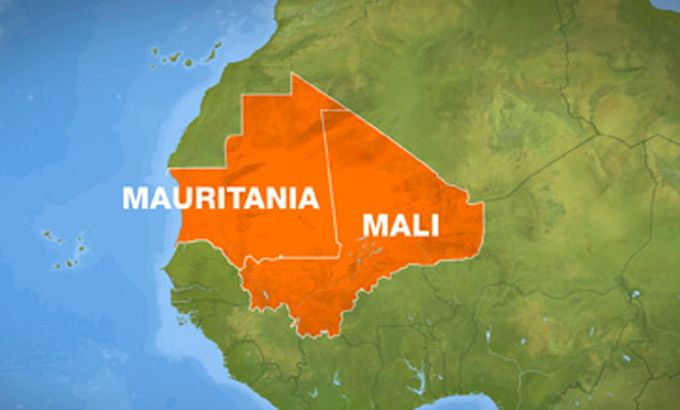Aid group says displaced Malians in dire need
More than 70,000 Malians, displaced by fighting, are in need of urgent help, according to Doctors without Borders.

An estimated 74,000 Malians, who have been displaced by fighting in Mali, are in need of urgent help in the desert of Mauritania, the Doctors without Borders (MSF) aid group has said.
In the Mbera camp “humanitarian assistance is insufficient”, the group said in a report, Stranded in the Desert, on Friday.
Keep reading
list of 4 itemsAs Israel attacked Gaza’s north, 26 members of his family were wiped out
What is Trident, the US floating pier off Gaza? Will it work?
Does Israel’s Netanyahu have a plan for a ‘day after’ the war on Gaza?
MSF says that conditions were so bad that there was only one toilet for every 3,000 people in the camp.
Henry Gray, emergency coordinator for MSF who will be returning to the camp, speaking to Al Jazeera, said that he was expecting to find extremely difficult conditions in the camp.
“The wave of the over 15,000 Malian refugees that arrived after the start of the French-led invasion in the camp, really overwhelmed the infrastructure of the camp and that was the point at which we had stories of one latrine for three thousand refugees.
“The situation has improved but we are not at the acceptable standards and perimeters for refugee camps: latrines, water, sheleter and food.
“We’re asking that international organisations raise their game to achieve these mininmal standards,” Gray said.
In January 2012, Tuareg fighters declared the independence of Mali’s entire northern desert region before losing control to other armed groups.
Since that time, more than 270,000 people have been displaced while 170,000 others fled to neighbouring countries, mainly Burkina Faso, Mauritania and Niger, according to the United Nations.
French forces intervened in Mali in mid-January this year to assist the Malian authorities in retaking the lost territory, and pursue their operations in the north.
Fear of reprisals
MSF said the displaced at the Mbera camp were also suffering from food insecurity and a lack of basic services, but there was no famine as “rations have improved, food is sufficient now”, said MSF emergency official Marie-Christine Ferir.
But water is scarce while temperatures soar to 50 degrees Celsius.
Refugees receive 11 litres of water a day on average, but could use 20 for cooking, drinking and personal hygiene.
Children “should get a ration rich in milk and micronutrients so as to avoid malnutrition”, Ferir added.
The death rate among children has soared, according to Ferir.
“It is currently above the emergency level of two deaths per 10,000 people a day. We have reached 3.2 deaths per 10,000 people a day,” said Ferir.
“They will not move away any time soon for fear of reprisals. That’s what they tell us themselves.”
Speaking to Al Jazeera, MSF’s Gray said that the main population of the camp is of ethnic Tuareg and Arab background.
“They basically are frightened, of potential revenge attacks by the Malian army, or their neighbours of different ethnic origins. And they feel that they have no alternative but to stay in the camp.”
He said that he expects that the situation in the Mbera camp is a long term one.
“We don’t think this is going to end with the [expected July] elections in Mali.”
After an earlier rebellion in the 1990s, “some stayed for several years”.
Many Malian villages close to the Mauritanian border have been totally or partially abandoned by their residents after the outbreak of unrest last year.